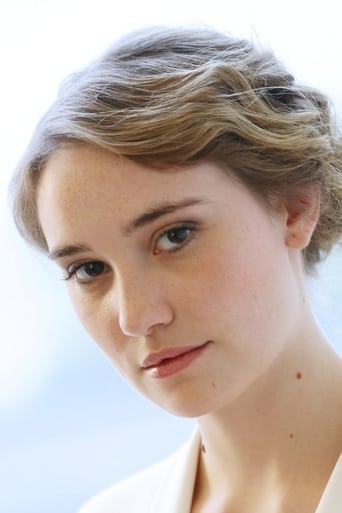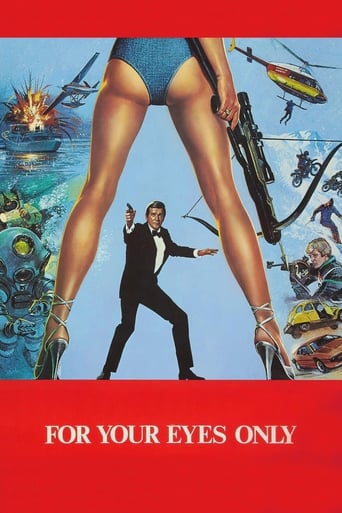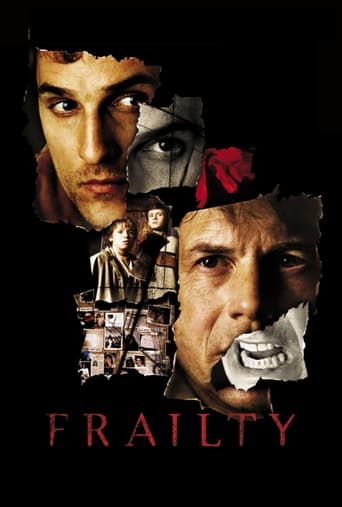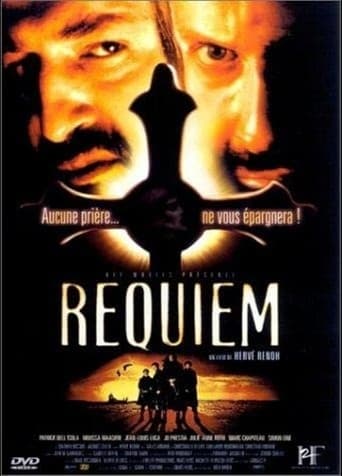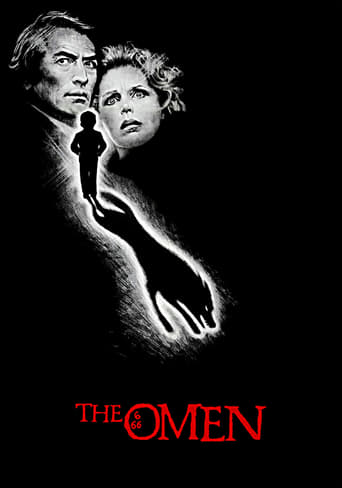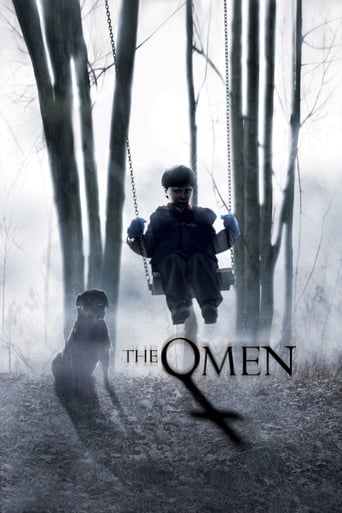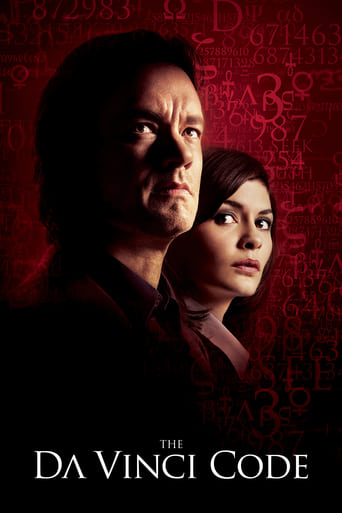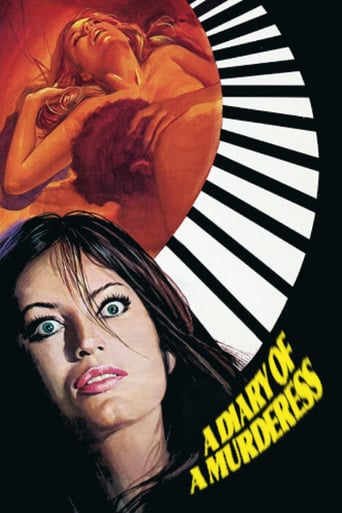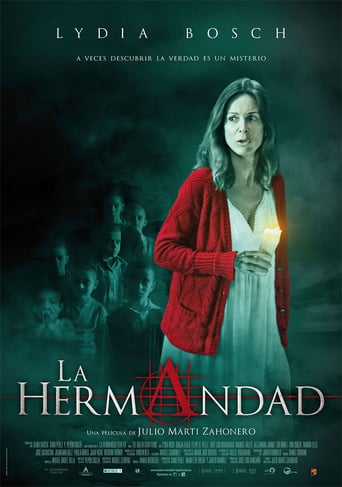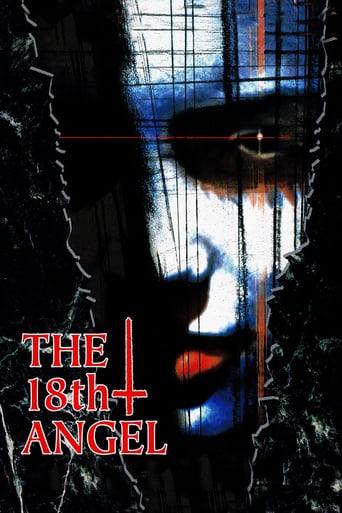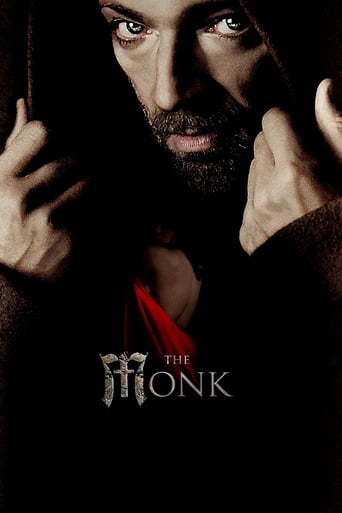
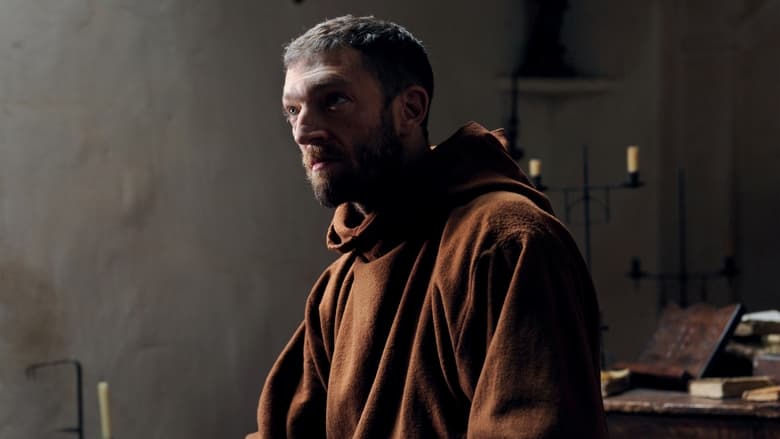
The Monk (2011)
A virtuous monk descends to the depths of sin and depravity after Satan sends an unholy temptress to lead him astray.
Watch Trailer
Cast


Similar titles
Reviews
This review contains a good deal of lesser spoilers. The reviewer leaves the most profound apologies for this, but it seemed impossible to present the necessary sentiments without it.--------------The year of 1796 saw the first printing of The Monk: A Romance, then signed anonymously by M.G.L., and was heralded as a great book by the newspaper critics, despite the highly controversial sentiments found therein. It is quite accurate to describe the novel as the Breaking Bad of the era, although here it is the demonical allure of lust which governs the descent of Ambrosio, the protagonist monk, from chaste to villain; from a servant of God to a lustful and violent sinner marked for permanent residency in the pit of fire.Yet, the tide of the literary criticism soon turned to infamy and few of the contemporary books set so many voices aflame in anger as The Monk did. Meanwhile the second edition had been printed, and this time Mathew G. Lewis, in pride of his work, signed not only with full name, but also his position in the House of Commons. This in turn meant he and his family would feel the full force of the public's discontent. And thus we come to an essential point in the comparison of novel and movie: Due to this discontent, Lewis decided to revise the novel, milden it to a niveau more acceptable to the public, and when the fourth print saw the light of day in 1798 it was this revised edition which was found on its pages. In short, it is important to know that there are two versions of The Monk, one highly provocative version and one very different version whose changes borders on censorship.It seems to this reviewer that the movie was based on the second and less provocative version. In fact, it seems like the movie further censors the tale, now to the point where there is not much to get upset about. Where the original tale featured nuns who torture and starve a young woman, Agnes, and her newborn child to death - and this point was hugely important to Ambrosio's fall in the book - it is reduced to a small scene of incarceration where the young woman's death is made unimportant. Where the original tale featured the monk's all-night ravishing of Antonia, a girl of fourteen which he had drugged by diabolical intervention, the movie features a version of the scene where Antonia smiles and welcomes him into the bed for a brief tryst (still under diabolical influence, mind you). Where the original tale presents Ambrosio, the monk, as having a healthy mind and his vices as being solely the work of his lusts, the movie provides him with auditory hallucinations of diabolical voices, thus insinuating that the blame must be placed on his delusional mind rather than the corruption of his soul, a point which makes his deeds more easy to swallow by today's audience. For the brevity of this review I'll stick to these examples, they provide more than sufficient evidence towards the point I try to make: Le Moine is not in any way a decent representation of what this book has meant for Gothic fiction and modern literature.Yet, this is not the reviewers most prominent issue with Le Moine. Let again an example serve as illustration: Mathilda is the temptress of the tale, who on film as well as paper serves as the one who creates the situations where Ambrosio's integrity is tested and inevitably where his desires is the victor. In the book she is eventually revealed as being a spirit in service of Lucifer himself. Now, this is a hugely important connection if one is to understand the tale, but the movie neglects this. Thus, to understand the deeds of Mathilda and why she did it, you have to read the book. Likewise it neglects to explain the importance of the aforementioned death of Agnes, as well as the murder, the incest, and several other of the misdeeds and their relation to Ambrisio's gradual perversion of his soul. To figure out why the tale works as it does, to be able to follow the red thread with all the necessary information to do so, you have to read the book. And here comes my problem: If the movie still requires people to read the book then the movie should reflect the book quite closely, but Le Moine does the exact opposite when it changes the tale into something entirely different than the tale of the book. It's not just absurd, it is pointless and renders the movie both redundant and, in this reviewer's opinion, quite annoying.This is not to say that Le Moine is without virtues. As pointed out by others, the mood is wonderful, the acting resembles perfection, and the scenery and costumes places us perfectly into the era as described by the book. In fact, the faults pointed out herein are of a kind that many would ignore for the simple enjoyment of the movie. However, if one has read the book in all it's strength and all it's intensity, then Le Moine comes across as too flat since it lacks the true brimstone of the original; and for those who want all the answers, to truly understand the movie, then it is necessary to face the confusion of reading the very different tale from the book.
French film, set in 17th century Madrid. Foundling abandoned outside monastery is taken in by monks, subsequently raised as one of their own. In time, the orphan grows into the monastery's rock star (Vincent Cassel). Devoted followers from near and far pack the chapel to listen to his sermons, give confession. Enter the serpent, a new acolyte, clad in an expressive leather mask to conceal the ravages of disease. Visuals are ravishing, with several remarkable set pieces. Performances are subdued, troubled, including Déborah François in pivotal supporting role. An ominous undercurrent builds throughout, but there is nothing in the way of explosive action. Story is not necessarily the most original, though handsomely presented. Will prove excruciatingly slow for impatient viewers.
Historical and monastery- or palace-related films are usually catchy and intense as both external and internal reclusion provide sufficient basis for these - particularly together with religious mystique. Le moine is a good example here, but not among the finest: its run is sometimes protracted, many supporting actors are unvaried (female ones, above all) and the ending does not summarize all "loose ends" recognised during the film. As of today, the issues approached do not awake the same feelings as centuries ago when the novel The Monk: A Romance was written by Matthew Gregory Lewis (1796) - at least in agnostics like me.The gem of the film is undoubtedly the star Vincent Cassel as Capucino Ambrosio (= the Monk); he outperforms his counterparts and there are scenes where his presence could have been more visible (well, usually I am not so much into so-called solo films).Thus, as for tenseness and uniformity of characters, Le moine leaves to be desired; e.g. The Name of the Rose is better.
The movie is too predictable to really shock. The twists are telegraphed (or phoned in or emailed or whichever way you like to communicate). That doesn't make the movie bad, but it doesn't help making it great either. So while Vincent Cassel gives it all in a very complicated role and he delivers on it, the story and the way it is build up does not help him elevate the movie.Acting is good, cinematography is good too and you have a decent sound design. The themes might speak to you (depending on your world-view), which is why some even saw a masterpiece in this. And I don't blame them, if they prioritize on other points than I do. I like the themes too, but again, there are quite a few shortcomings along the way.



